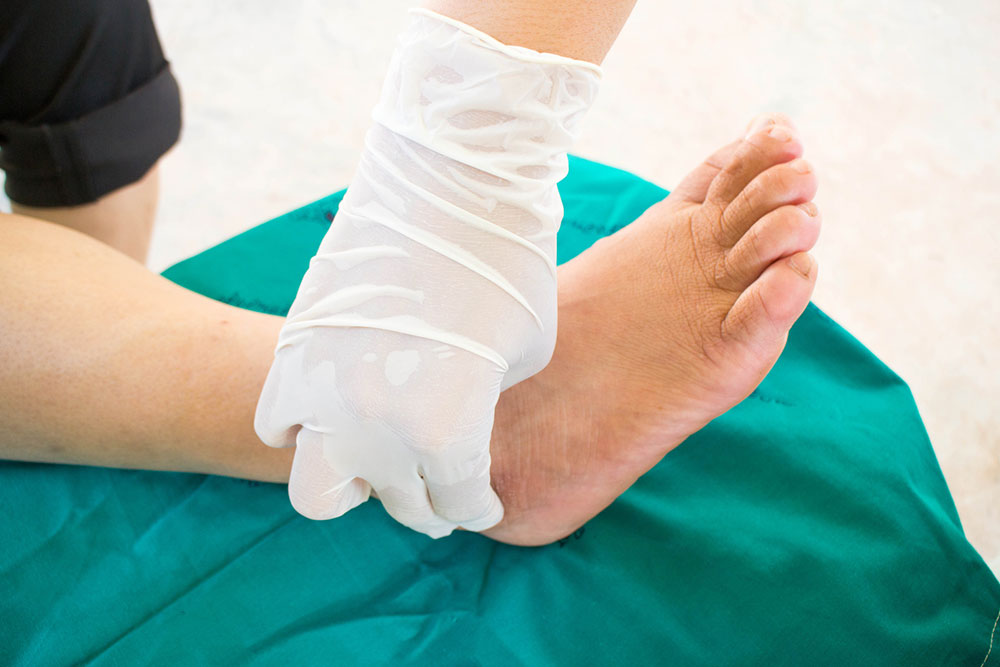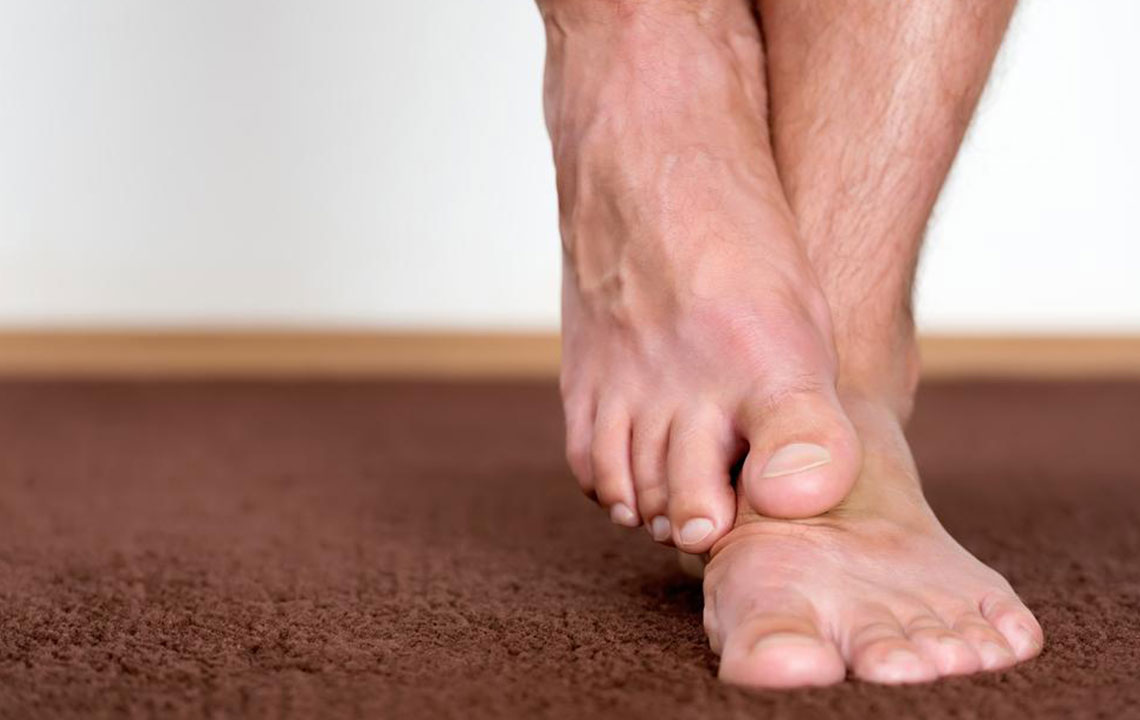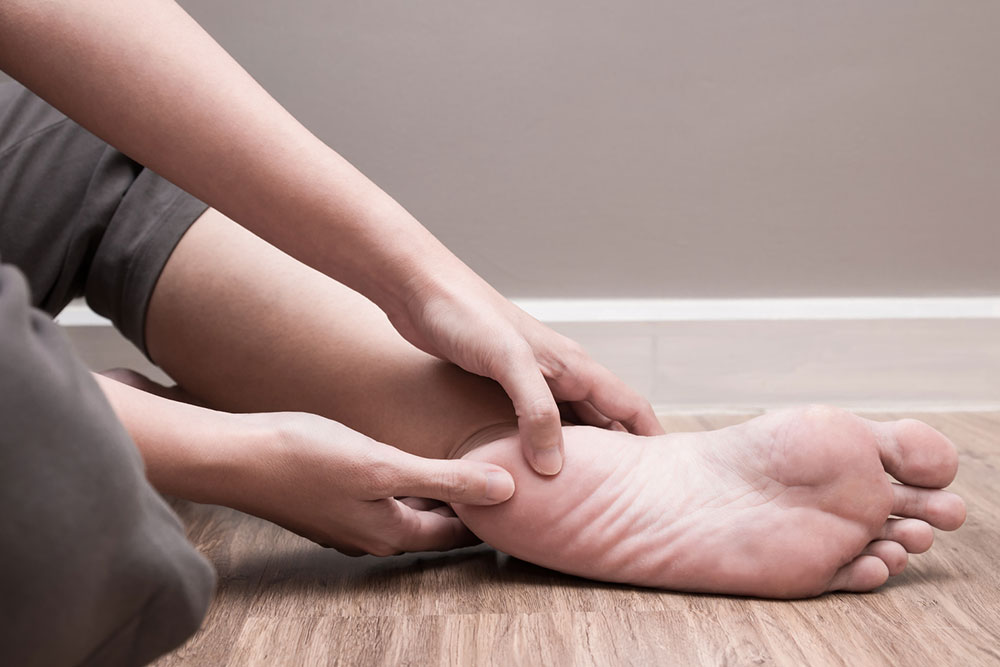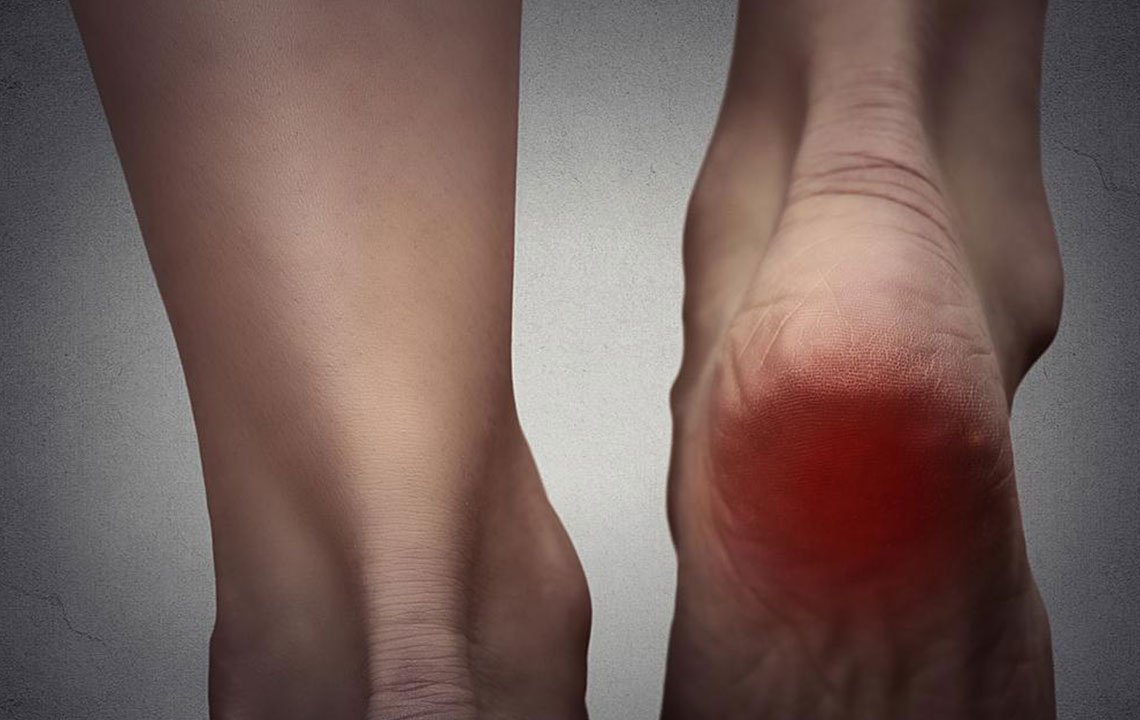Comprehensive Guide to Causes and Effective Remedies for Burning Feet Sensation
Burning sensations in the feet can stem from various health issues, notably nerve damage such as diabetic neuropathy, small fiber nerve disorders, or injuries. Understanding the underlying causes is vital for effective treatment. This comprehensive guide explores common causes, diagnostic approaches, and a range of treatments including medical therapies and home remedies to relieve discomfort. Proper diagnosis and personalized management strategies can significantly improve quality of life for affected individuals, helping them address persistent burning foot symptoms and associated health concerns effectively.
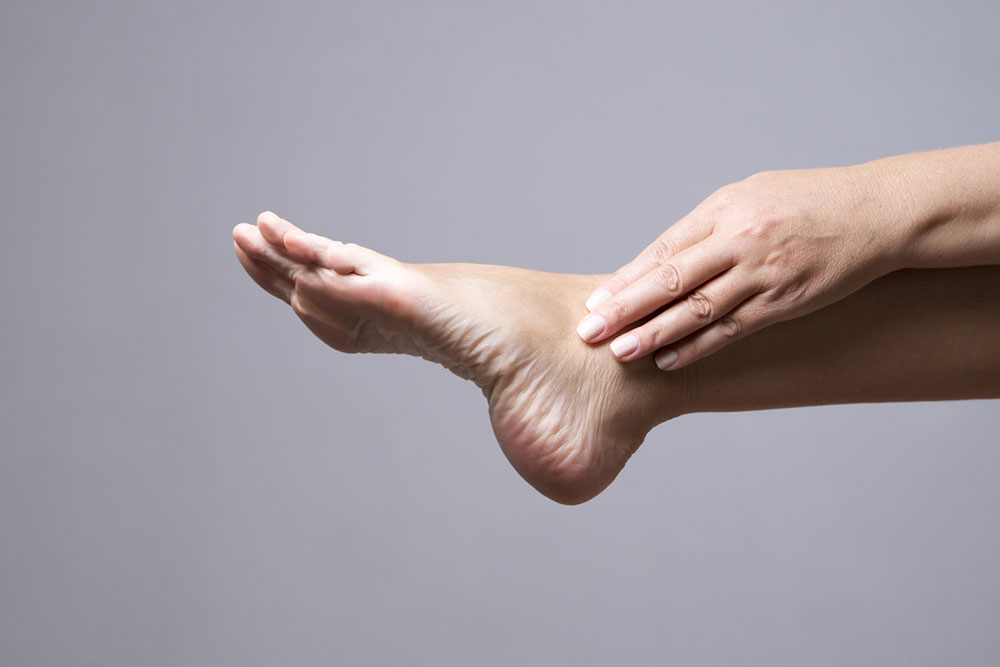
Comprehensive Guide to Causes and Effective Remedies for Burning Feet Sensation
Experiencing a persistent burning sensation in the feet can be a troubling symptom signaling underlying health issues, often related to nerve damage or other medical conditions. This uncomfortable feeling ranges from mild tingling to intense burning pain and can occur intermittently or continuously. Many individuals describe it as a hot, prickling, or tingling sensation, which tends to worsen during nighttime hours, disrupting sleep and overall quality of life. Recognizing the root causes and exploring effective treatment options are essential steps toward alleviating this symptom and addressing the underlying health concerns.
Understanding the root causes of burning feet
While some cases of burning foot sensation can be idiopathic, meaning their origins are obscure, a significant number are linked to specific medical conditions diagnosed by healthcare professionals. Identifying these conditions is crucial for effective treatment and management.
Key causes include:
Diabetic Peripheral Neuropathy
High blood sugar levels associated with diabetes can damage blood vessels and nerves, impairing nerve signal transmission. This disruption results in sensations of burning, tingling, or numbness, primarily affecting the feet and lower limbs. According to the National Institute of Diabetes and Digestive and Kidney Diseases, approximately 60-70% of individuals with uncontrolled diabetes develop some form of nerve damage, making diabetic neuropathy one of the leading causes of burning feet worldwide.
Factors Increasing Neuropathy Risk
Several lifestyle factors heighten the risk of developing nerve damage, including:
Obesity, which strains metabolic processes
Hypertension (high blood pressure), contributing to vascular damage
Smoking, which impairs blood flow and nerve health
Excessive alcohol intake, leading to alcohol-induced neuropathy
Peripheral Neuropathy
This condition involves damage to the peripheral nerves, often affecting the legs and feet. Symptoms may include tingling, numbness, sharp stabbing pains, weakness, and in some cases, excessive sweating. It's a complex condition with various causes, but nerve fiber damage remains central to the symptomatology, leading to burning sensations that significantly impact daily activities and comfort.
Small Fiber Sensory Neuropathy (SFSN)
This specific nerve disorder damages the small unmyelinated nerve fibers responsible for pain and temperature sensations. Patients often report burning sensations, loss of sensation, and episodic pains that can be debilitating, often due to damage to the myelin sheath surrounding these fibers.
Alcohol-Related Neuropathy
Heavy alcohol consumption can lead to alcoholic neuropathy, with symptoms like muscle weakness, loss of limb function, urinary or bowel problems, dizziness, and speech difficulties. Chronic alcohol use interferes with nerve repair and contributes to nutritional deficiencies, worsening nerve health.
Genetic Nerve Disorders, such as Charcot-Marie-Tooth Disease (CMT)
This inherited disorder results in nerve degeneration affecting muscle control and sensation, often presenting with burning sensations, tingling, muscle wasting, and clumsiness. The CDC estimates that about 1 in 2,500 individuals worldwide suffer from CMT, emphasizing the importance of genetic screening for early diagnosis and management.
Post-Injury Nerve Conditions, including Complex Regional Pain Syndrome (CRPS)
CRPS develops after trauma, surgery, or injuries, leading to disproportionate pain, swelling, skin color changes, and abnormal nerve signaling. This condition requires prompt medical intervention to prevent long-term disability and persistent burning sensations.
Hormonal Imbalances, particularly Hypothyroidism
An underactive thyroid gland can cause fluid retention and swelling, which may exert pressure on peripheral nerves, resulting in burning sensations. Additional symptoms include fatigue, weight gain, dry skin, and depression, which may also contribute to nerve dysfunction.
Fungal Infections, such as Athlete’s Foot
This contagious infection, common among athletes and individuals with warm moist environments, causes burning, itching, and tingling sensations between toes and on the soles. If untreated, it can exacerbate nerve discomfort and lead to secondary infections.
Diagnosing Burning Foot Pain
Proper diagnosis is critical and involves consultations with healthcare providers. Physical examinations, detailed medical history, and specific laboratory tests help identify underlying causes. Blood panels may be ordered to check for diabetes, thyroid function, kidney health, vitamin deficiencies, HIV, or other infections contributing to nerve impairment.
Effective Treatment Approaches
Therapy varies depending on the identified cause. Main treatment strategies include:
Antifungal medications for fungal infections like athlete’s foot
Vitamin B complex supplements to support nerve repair
Thyroid hormone therapy for hypothyroidism
Supportive footwear and orthotics to reduce pressure on nerves
In severe or refractory cases, advanced therapies such as nerve stimulation, transcranial magnetic therapy, laser treatments, or light therapy might be recommended to alleviate pain and improve nerve function.
Home Remedies for Temporary Relief
While professional treatment is essential for long-term management, some home remedies can provide temporary relief:
Soaking feet in cold water helps diminish burning sensations quickly
Using Epsom salts or adding apple cider vinegar to foot baths may alleviate discomfort (consult your healthcare provider if diabetic)
Gentle foot massage promotes circulation and reduces tension
Topical creams containing lidocaine or capsaicin can soothe pain temporarily
Before initiating any home remedy or supplement, always seek guidance from a healthcare professional to ensure safety and appropriateness for your specific health condition.

